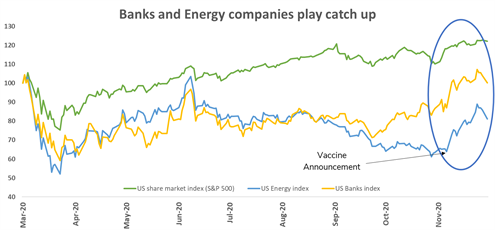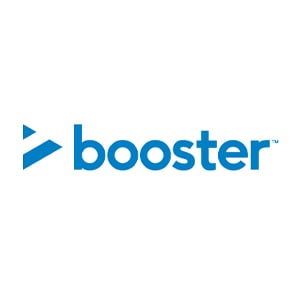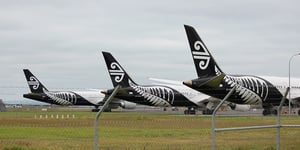The big news in November (aside from the results of the US election) has been the release of positive Covid-19 vaccine outcomes.
Better yet, the results have come from two separate drug formulations from Pfizer-BioNTech and Moderna.
Based on cutting edge science, both vaccines utilise a revolutionary mRNA technology that turns the cells in your own body into factories that generate virus fighting proteins.
Both companies have reported that their vaccine candidates are 90% effective against Covid-19.
Vaccines for the most vulnerable
The UK was the first country to approve the Pfizer vaccine, with 800,000 doses already manufactured and ready to roll out. The US FDA and regulatory agencies in Europe will make their safety assessments shortly.
Pharmaceutical companies in the US are supposedly prepared to start shipping vaccines within a few hours of approval. New Zealand plans to initially target the vaccine at the most vulnerable sections of society by early March, subject to approval from the Medicines and Medical Devices Safety Authority.
Vaccine-led optimism

The optimism over a vaccine-led recovery can be seen in the markets during November. Sectors like banks and energy were particularly impacted by the Covid-19 restrictions. Global lockdowns result in fewer people travelling which in turn lead to falling energy prices.
At the same time, stimulus from central banks lowered interest rates putting pressure on bank margins.
An effective vaccine has meant investors have been able to look through to brighter prospects of when countries reopen, boosting their stock prices of the companies in these sectors.
Resuming international travel
Tourism related stocks like Auckland Airport and Kathmandu also benefited from the vaccine news.
International tourism is still likely to be some time away, however November’s vaccine news brings forward the date borders reopen. Some airlines like Qantas have also already stated they will require international travellers to have been vaccinated against Covid-19 before boarding, meaning that we could see an influx of tourists before the borders open fully.
The optimism is indeed justified but there are still unknowns. Access to vaccines remains a key issue for everyone when it comes to adequate production and distribution. Global collaborative initiatives like the COVAX facility, which aims to equitably distribute vaccines, might prove to be the best way forward.
What happened to the markets in November?
Global markets performed very strongly during November.
- The first catalyst the markets liked was the result of the US election. Although we haven’t seen the ‘blue wave’ result the polls were suggesting, it is looking like the US presidency and Senate will be divided. A divided government means it is less likely there will be significant change to regulations, giving more certainty to companies and investors.
- The second major catalyst was the positive news from the phase three trials for Covid-19 vaccines. Banks, energy and travel stocks all performed strongly as a result. In particular, the Australian share market performed well on this news. The Australian market has a larger allocation to these sectors than other global markets, resulting in it being up almost 10% in local currency terms.
Booster has recently increased the holdings in Australian companies that operate in the sectors that are likely to benefit the most from the global economy reopening, and reduced the holdings in more defensive style companies. Although it is still likely it will take some time to get back to pre-Covid normality, investment markets tend to look forward, so Booster is positioning its funds in expectation of this.

